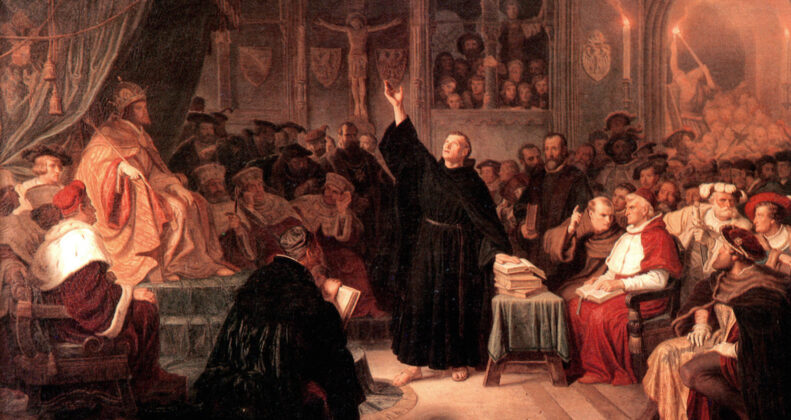ADVANCED COMMITTEE
The Historical Security Council runs by the same rules and structures as the Security Council, albeit one significant difference. It is moved to the past. In the Historical Security Council, delegates relive, influence, and potentially alter the outcome of key historical events. Therefore, delegates represent countries that existed tens of years ago. This way they can delve deeply into their interesting histories.
TOPIC 1: The reformation of the Church in the 16th century
The beginning of the 16th century is often characterized as the start of the “New Age,” with many new scientific discoveries, the discovery of the New World, and a new perspective on religion. With corrupt church dignitaries, waves of indulgence sales, and an overall crisis in the Catholic Church, many people began to call for its reformation. This culminated in 1517 when monk Martin Luther released his 95 Theses against the Church, sparking uproar throughout the Christian world. The date is January 1520, and a fictional historical committee has gathered for a meeting to stabilize the situation in Europe. Will the committee reach a consensus, or will this result in the bloodiest war on the European continent? Only god knows.
COUNTRY MATRIX:
Advanced: Democratic People’s Republic of Korea, French Republic, Lao People’s Democratic Republic, The Commonwealth of Australia, The Kingdom of Thailand, The Republic of Cuba, The Republic of India, The Republic of Korea, The Republic of Philippines, The United Kingdom of Great Britain and Northern Ireland
Expert: North Vietnam, People’s Republic of China, South Vietnam, Soviet Union, United States of America
COUNTRY MATRIX:
Advanced: Adrian of Utrecht; Andreas Karlstadt; Ferdinand I., Archduke of Austria; Grandmaster Albert of Brandenburg; Henry VIII., King of England; Landgrave Philip I. of Hesse
Expert: Arcibishop Albert of Brandenburg; Elector Frederick III. of Saxony; Emperor Charles V. King of Spain; Erasmus of Rotterdam; Francis I. King of France; Huldrych Zwingli; Jakob Fugger (observer); Johann Eck; Martin Luther; Philipp Melanchton; Pope Leo X; Thomas Müntzer

